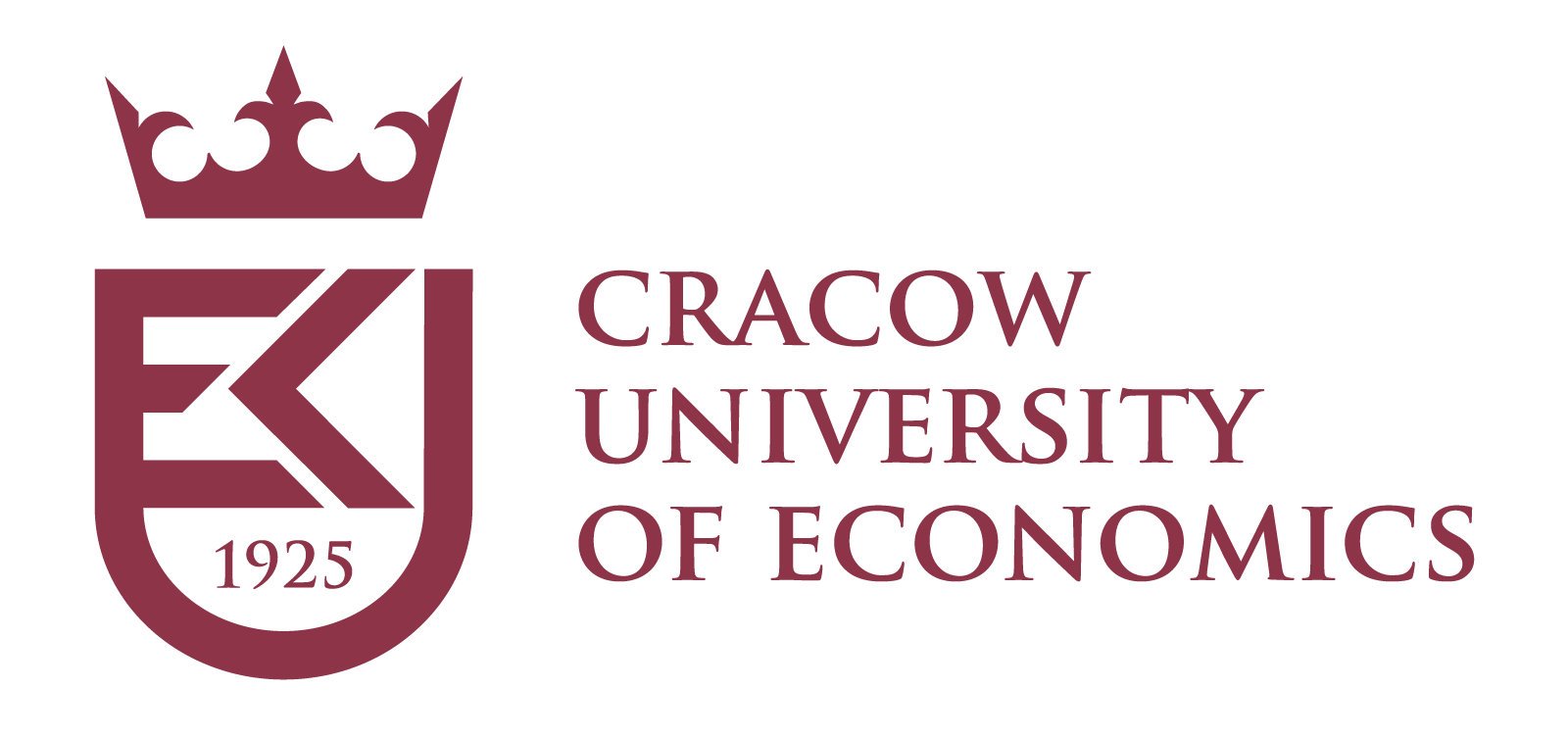Organizers: Patrycja Antosz, Gary Polhill, Tatiana Filatova, Wander Jager and Roman Seidl.
Social Innovation (new ways of doing, organizing, framing and knowing – Avelino et al. 2019) and Transformative Social Innovation (Social Innovation that challenges, alters or replaces dominant institutions in a social context – ibid.) is theorized as a means by which the world’s societies might achieve transitions towards more sustainable ways of living. It also poses an interesting challenge to social simulation through an implied requirement for agents to innovate the novelty entailed by Social Innovation and Transformative Social Innovation processes. This then allows the coevolution of behaviour, institutions, and infrastructure towards more sustainable living to be explored using simulation. When agent-based modelling is applied to the simulation of social innovations, the expectations and theorizations of social scientists could be evaluated more comprehensively and systematically, including the (1) realistic feasibility of such processes to achieve the anticipated transitions, (2) the potential for the processes to veer off that intended trajectory, and (3) the distributional effects of bringing them about and any disproportionality in how they are experienced.
Social innovation and systemic change are challenging to model because they entail endogenous evolution of novel situations (see Filatova et al. 2016). However, given various urgent drivers necessitating social change, models of this kind have clear potential value in guiding policy discussions. Following on from the session at SocSimFest21, in this session we welcome contributions from people with models of social innovations and systemic changes more generally, proposals and reviews for links to forge with other communities (e.g. artificial life, resilience, artificial intelligence), as well as theory and concepts on how (and indeed whether) simulations can be used to explore such scenarios.
References:
Avelino et al. (2019) Transformative social innovation and (dis)empowerment. Technological Forecasting and Social Change 145, 195-206. https://doi.org/10.1016/j.techfore.2017.05.002
Filatova et al. (2016) Regime shifts in coupled socio-environmental systems: Review of modelling challenges and approaches. Environmental Modelling & Software 75, 333-347. https://doi.org/10.1016/j.envsoft.2015.04.003


